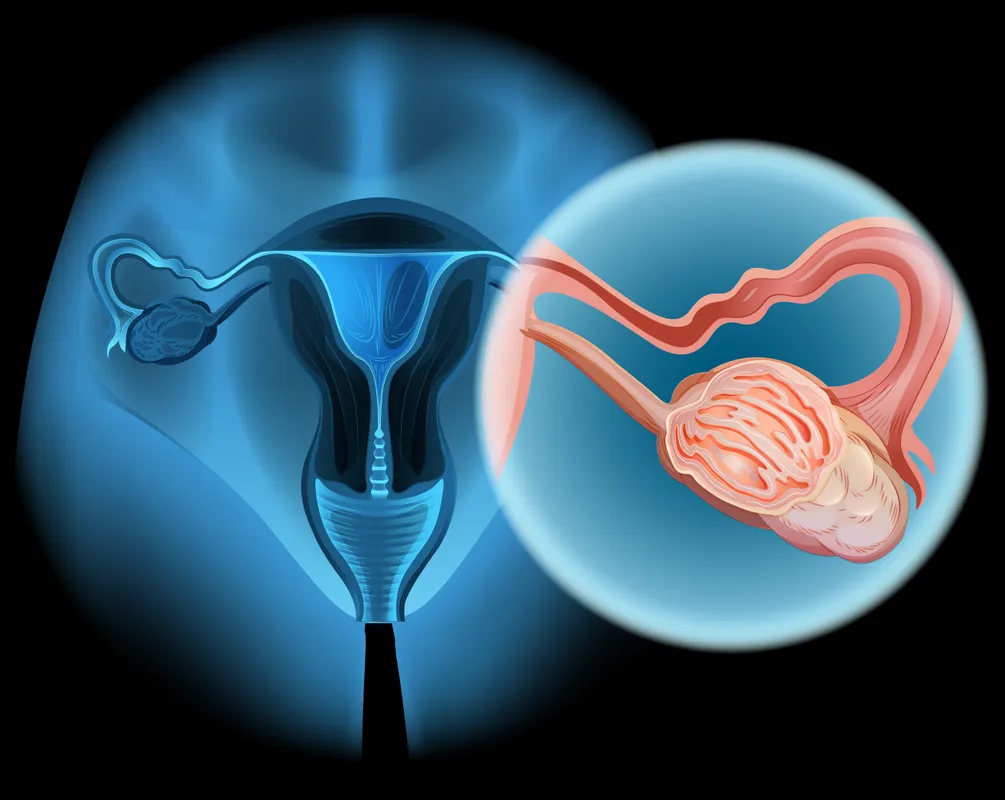where to find it If you have been told that you have a granulosa cell tumour, you want to be able to count on the best possible and most appropriate care. But where do you find it and what is ‘the most appropriate care?’
Granulosa cell tumor is an extremely rare cancer, which means that most gynaecologists will never see a patient in their practice with such a tumor at all, or possibly just one during their career. The tumor is too often mistaken for a harmless cyst. The pathologist then often makes the (unexpected) diagnosis of granulosa cell tumor after surgery.
After the diagnosis, a doctor in the Netherlands has access to the ‘Guidelines non-epithelial malignancies of the ovary’. Guidelines are different to a protocol. Guidelines indicate what can be done. A protocol indicates step by step how something should be done. A protocol is a prescription or a means to achieve high-quality and responsible care. Doctors can deviate from both, but must be able to properly substantiate this. educate yourself about your illness Because a guideline only states what can be done, it allows for conversation and exchange with your doctor about treatment options, or when to proceed with imaging and testing your markers. This means you can exert influence as a patient, but it also makes it more complicated because there isn’t one clear line of treatment for granulosa cell tumor, as there often is for more common tumors.
So inform yourself well and prepare for your appointments. Take someone along who is a good listener and who knows what you want or don't want and can intervene if the conversation with your doctor doesn’t go well. Do not hesitate to contact us if you need help with this.
advocate for yourself
The more often a gynaecologist treats patients with granulosa cell tumor, the more knowledge he or she will develop about it. Ask your gynaecologist how many patients with granulosa cell tumor he or she is treating. You don't want to be the only patient with granulosa cell tumour at your doctor's office, do you? That is why you are entitled to a referral to a gynaecological cancer expertise centre. In these centres you will find specialists who have the most up-to-date knowledge about your rare cancer and who treat several fellow sufferers. Unfortunately, not all gynaecologists refer patients with granulosa cell tumors to an expertise centre yet. read Marlou's story
To begin with, you can ask your doctor to consult on your clinical picture with a colleague in such a centre of expertise. And, of course, you are free to ask for a second opinion at an expertise centre or take the step to see a practitioner at an expertise centre yourself. Learning to stand up for yourself during this disease process is an important first step in getting appropriate care and the best possible treatment. | 
